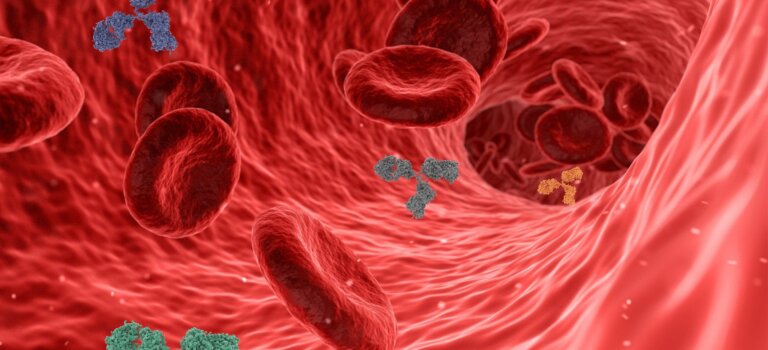The immune system is made up of a complex network of organs, cells and proteins that fight infection strength of this system called immunity(microbes).The immune system keeps a record of every microbe it has ever defeated, in types of white blood cells (B-lymphocytes and T-lymphocytes) known as memory cells. This means it can recognise and destroy the microbe quickly if it enters the body again, before it can multiply and make you feel sick.
overview
Antibiotics can be used to help your child’s immune system fight infections by bacteria. But antibiotics don’t work for infections caused by viruses. Antibiotics were developed to kill or disable certain bacteria. That means that an antibiotic that works for a skin infection caused by a certain bacteria may not work to cure diarrhea caused by a different bacteria.

That means that an antibiotic that works for a skin infection caused by a certain bacteria may not work to cure diarrhea caused by a different bacteria. Using antibiotics for(immunity) viral infections or using the wrong antibiotic to treat a bacterial infection can help bacteria become resistant to the antibiotic so it won’t work as well in the future.
how short-term stress boost immunity
“Mother Nature gave us the fight-or-flight stress response to help us, not to kill us,” said Dhabhar, who has been conducting experiments for well over a decade on the effects of the major stress hormones on the immune system. Last summer, Dhabhar received the International Society for Psychoneuroendocrinology’s Curt P. Richter Award for his work in this area, culminating in the new study.
In the new study, the investigators were able to show that the massive redistribution of immunity cells throughout the body was orchestrated by three hormones released by the adrenal glands, in different amounts and at different times, in response to the stress-inducing event.
another fact

The experiments in this study were performed on rats, which Dhabhar subjected to mild stress by confining them (gently, and with full ventilation) in transparent Plexiglas enclosures to induce stress. He drew blood several times over a two-hour period and, for each time point, measured levels of three major hormones — norepinephrine, epinephrine and corticosterone (the rat analog of cortisol in humans) — as well as of several distinct immune-cell types in the blood.




